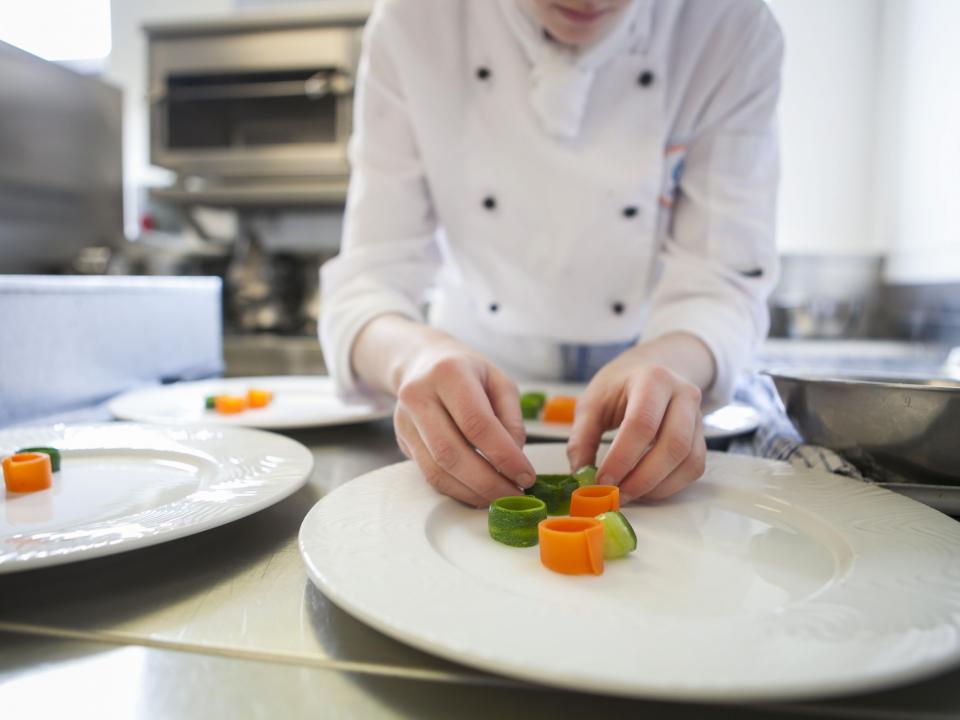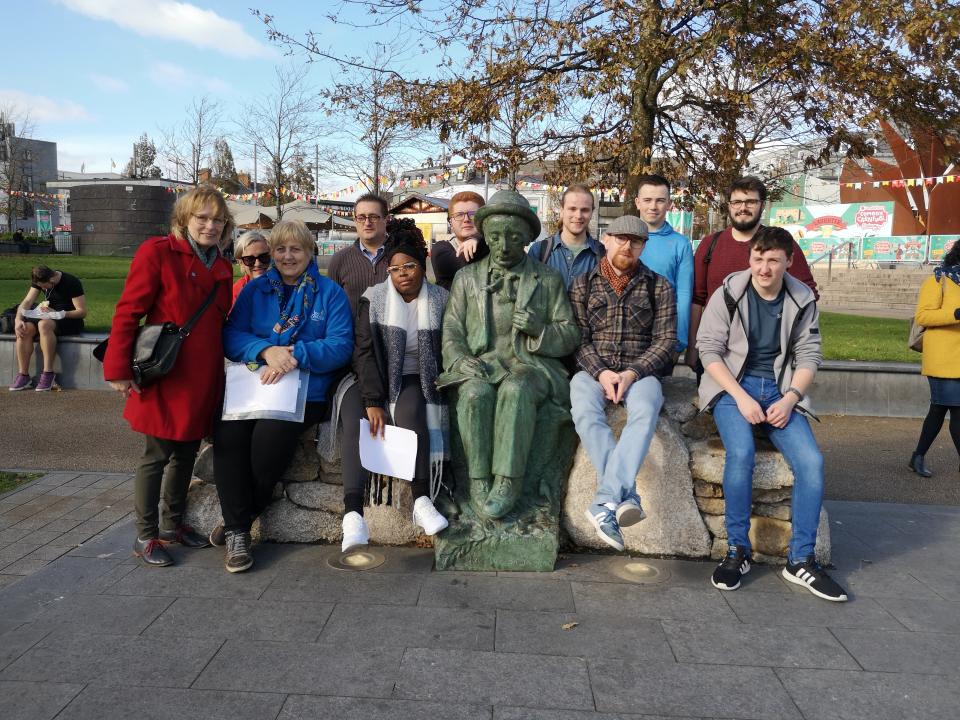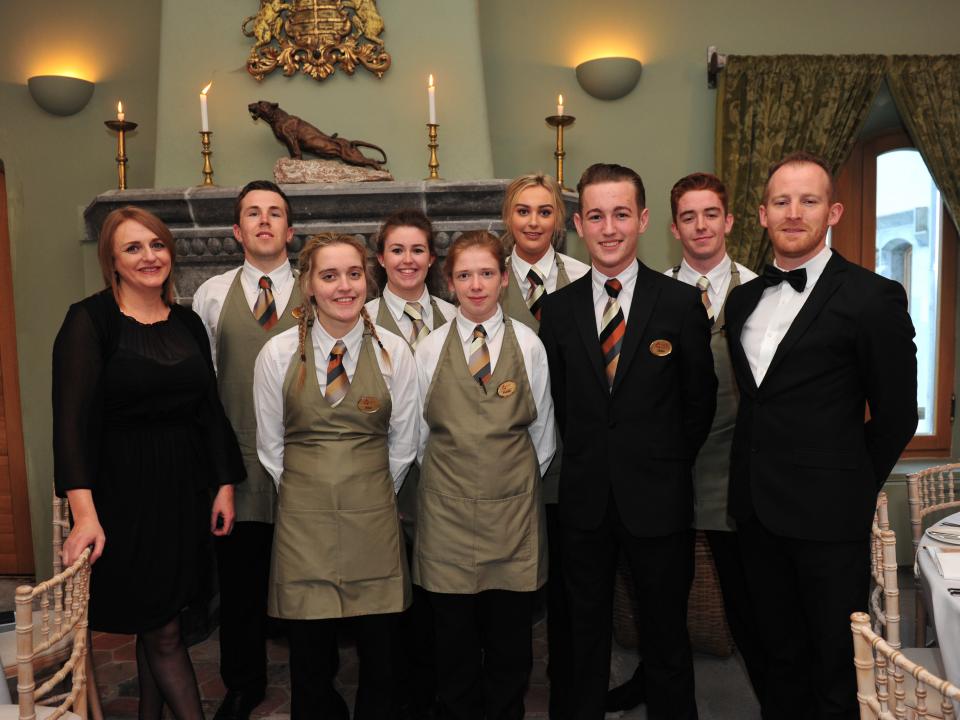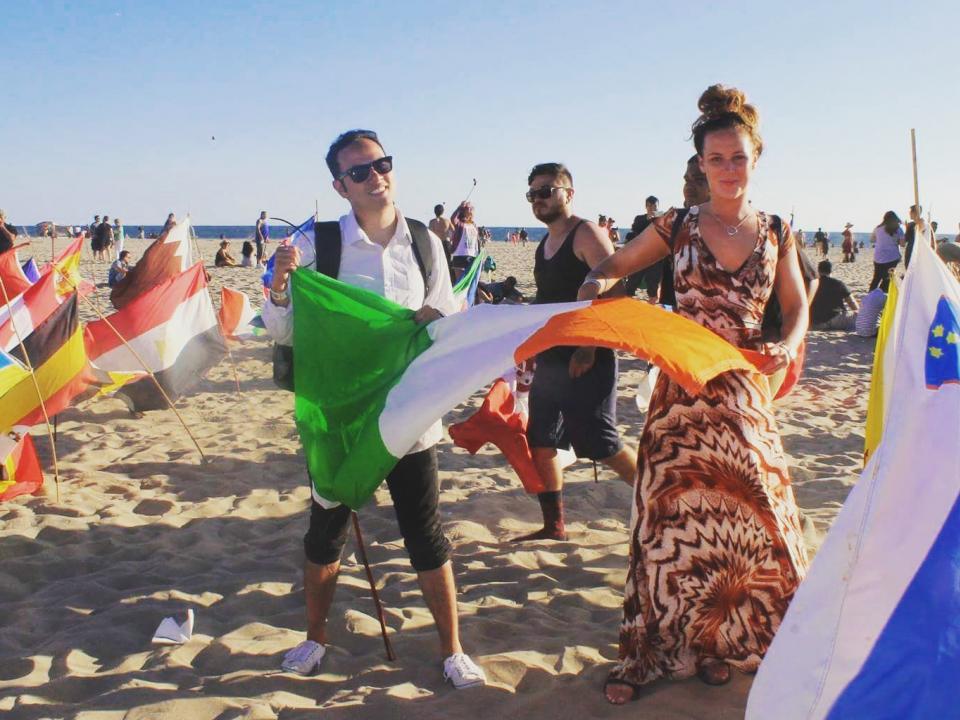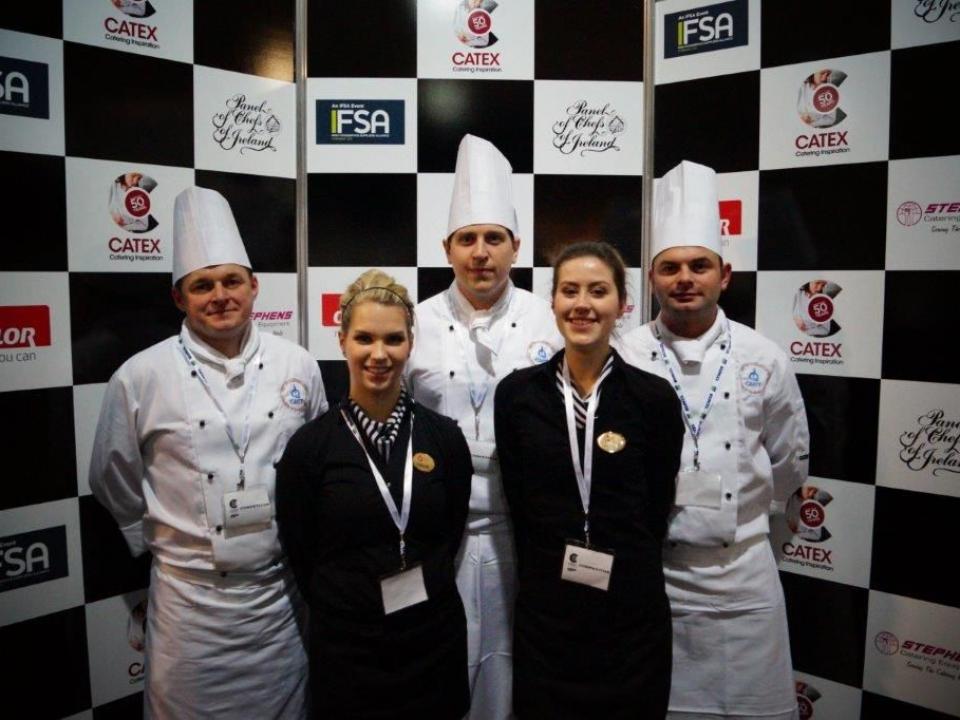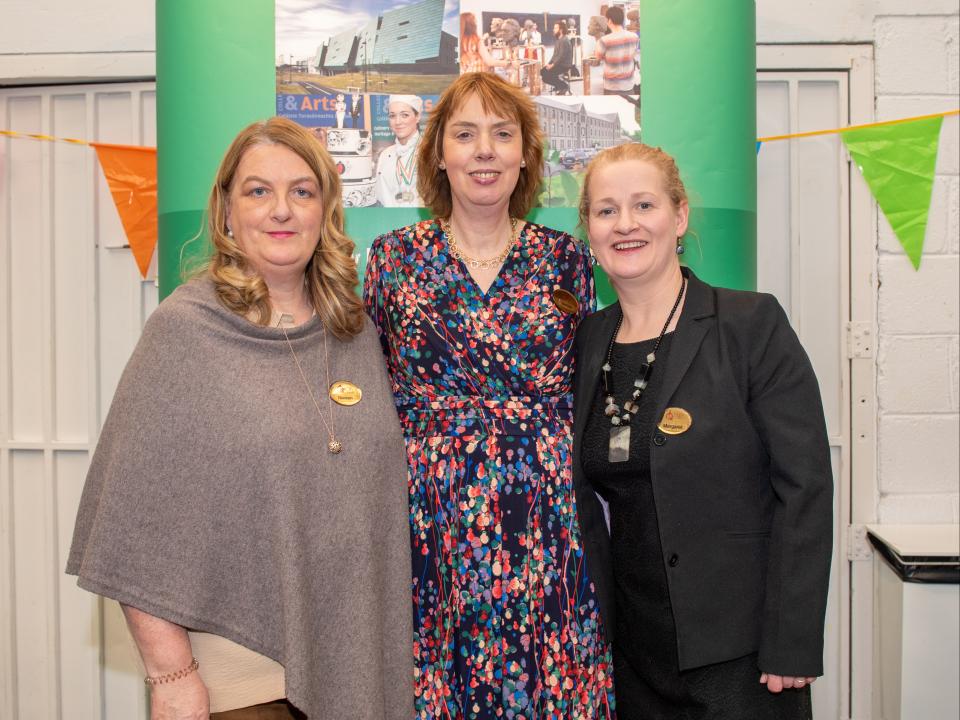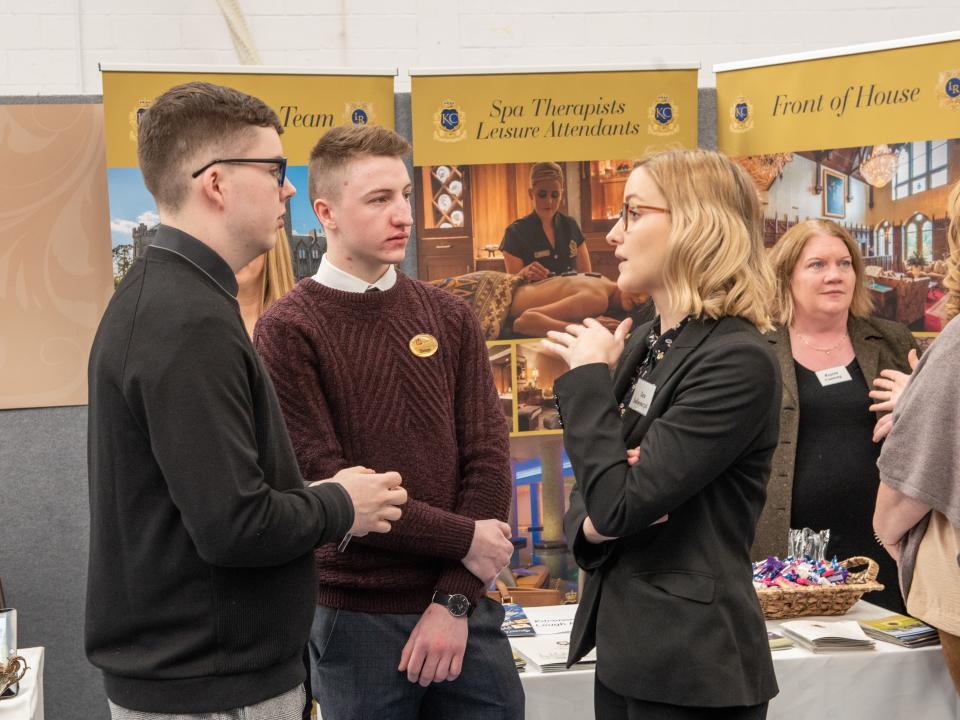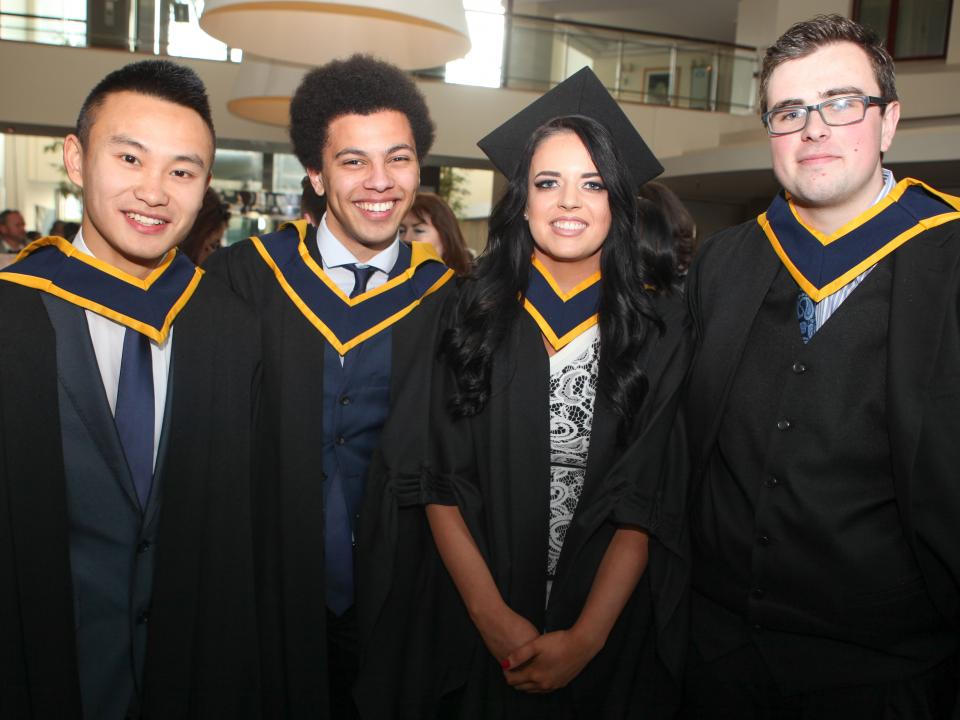Galway International Hotel School
Looking for world-wide career opportunities? If so, read on and discover the range of courses on offer in the Galway International Hotel School:
Culinary Arts / Culinary Management / Culinary Sciences
Event Management and Public Relations
International Hotel and Hospitality Management
International Tourism Management
Galway International Hotel School has an international reputation in offering courses to support the Tourism Industry. We were the first higher education institute in Ireland in 1977 to award degrees in Hotel Management and we have alumni working all over the world. Qualifications from this school can help your career evolve and develop, visit our graduate profile page to read more about some of our alumni’s career journeys.
So, why join us?
-
Our school has a global reputation for preparing students for the world of work.
-
Our faculty have worked in related industries and bring significant experience to all your classes.
-
Our courses have field trips, visits to industry partners and government agencies and international education visits to European countries, no two days are the same.
-
Our courses have accredited work placement meaning you learn and develop skills and knowledge which may help you decide on your career pathway after graduation (and many work placements are paid).
-
Our work placement office – The LINKS Office works closely with you to advise and guide your work placement; you are supported through all stages of this exciting opportunity.
-
Our faculty organise masterclasses, guest lectures and visits to industry partners – you are meeting industry practitioners and leaders from day one of your course.
Still not sure, reach out and we can arrange a campus visit where you will meet with the team, chat to current students and discover why we are the perfect fit for your future global career. Email gihs.galwaymayo@atu.ie

Galway International Hotel School Courses
My passion for food and cooking has now become my career
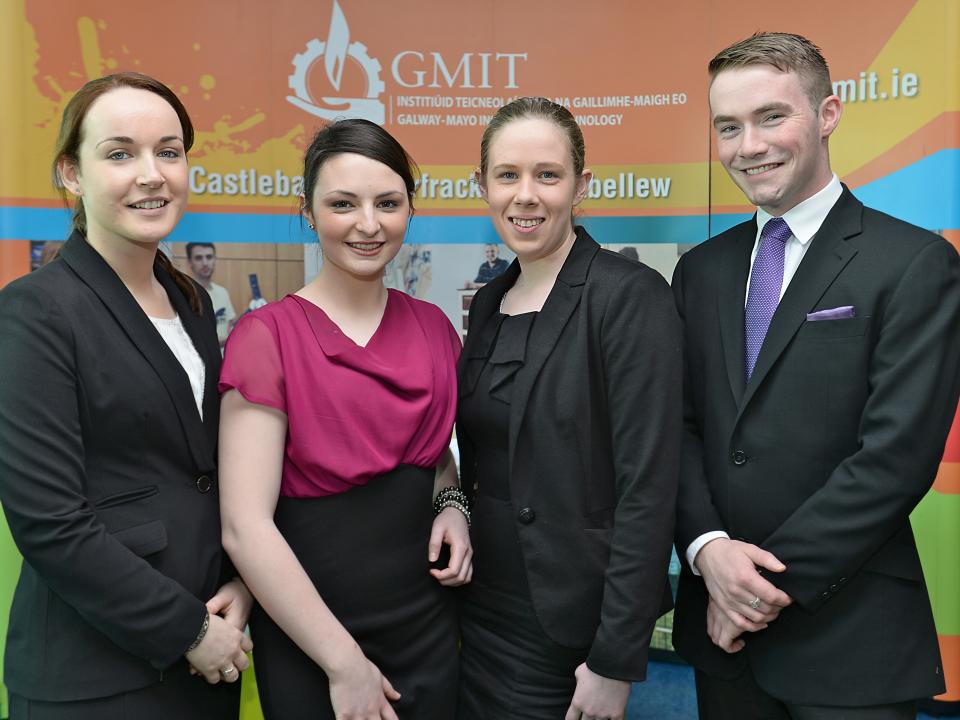
Check out video content here
I spent a semester in Spain as part of the Erasmus+ Programme, challenging myself and improving my level of Spanish
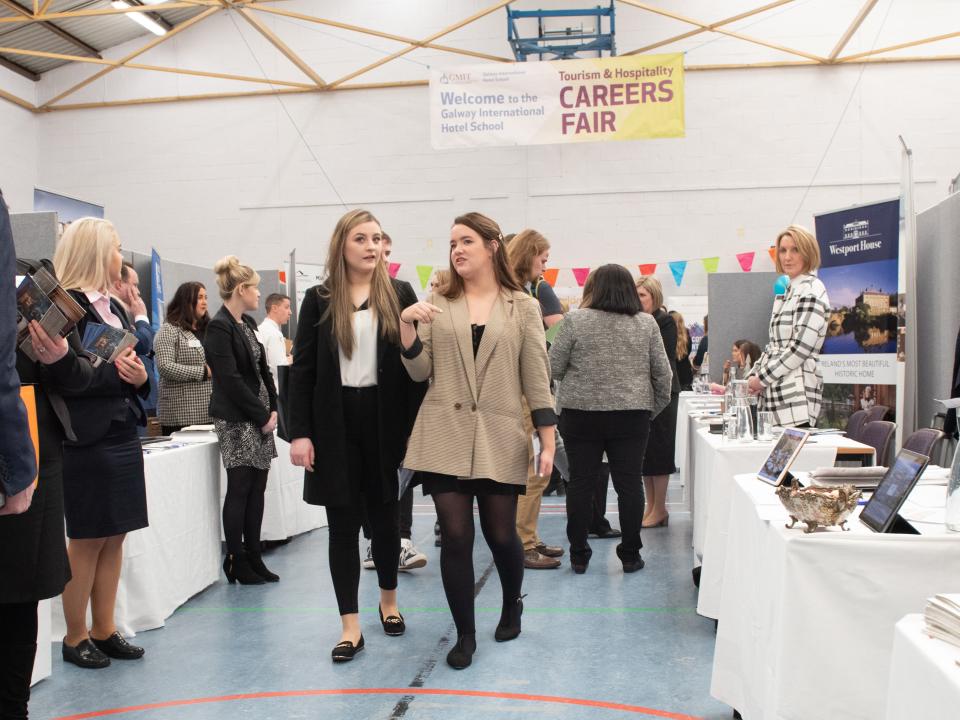
Read some of our Graduate testimonials
Cait Noone
Head of School
Email: Cait Noone
Phone: +353 (0)91 742236
Jacinta Dalton
Head of Department of Culinary Arts & Services Industries
Email: Jacinta Dalton
Phone: +353 (0)91 742320
Diarmuid Ó Conghaile
Head of Department of Heritage & Tourism, Humanities, Applied Languages & Communications
Email: Diarmuid Ó Conghaile
Phone: +353 (0)91 742232
Galway International Hotel School Office
School Office
Email: gihs.galwaymayo@atu.ie
Phone: +353 (0) 91 742 454
Connemara Training Restaurant
Book a table here
